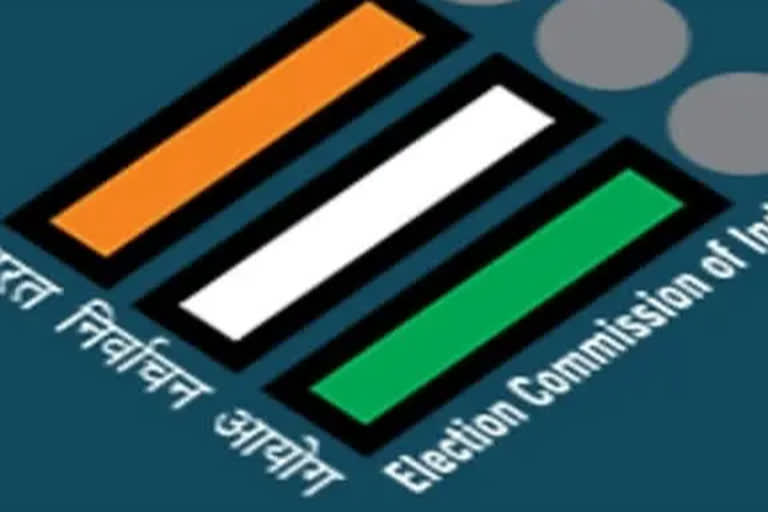New Delhi: India’s most populous state Uttar Pradesh, which sends the highest number of the Lok Sabha and Rajya Sabha members in the Parliament and also has the largest Assembly in the country, is going to state elections just ahead of the Presidential election that is due in April-May this year. Any change in the composition of the Uttar Pradesh assembly, where the ruling Bharatiya Janata Party has more than the three-fourth majority, will alter the composition of the President's Electoral College.
In India, the President is not directly elected unlike the United States and some other countries as Indian constitution-makers did not envisage a Presidential form of democracy. In India, the President is the head of the state but he is a titular head, while the executive is led by the Prime Minister who enjoys the support of the majority of members in the lower house of the Parliament, the Lok Sabha whose members are elected through direct election.
Since the President is a nominal head under the Indian Parliamentary system, the election for the highest constitutional post in the country is not a direct election but the President of India is elected through an electoral college.
What is President’s Electoral College?
As per Indian Constitution, the President's electoral college is made up of only elected members of certain legislatures at the state and central level. For example, only elected members of the Lok Sabha, the lower house of India’s bicameral parliament, and the elected representatives of the Rajya Sabha, the upper house of the Parliament can cast their vote in the President’s election.
Both the Rajya Sabha and the Lok Sabha have members who are nominated by the President but they cannot cast their votes in the presidential election. While the President nominates 12 members in the Rajya Sabha and two members from the Anglo-Indian community are nominated in the Lok Sabha by the President, they don’t form a part of the President’s electoral college.
Also Read:SP-RLD alliance announces first list of 29 candidates for UP polls
Similarly, elected members of state assemblies, Vidhan Sabha, cast their vote in the President’s election. However, members of legislative councils, Vidhan Parishad, in those states that have a bicameral assembly on the lines of India’s parliament, do not cast their votes in the President’s election.
Elected MLAs of those union territories such as Delhi and Puducherry that have assemblies also cast their vote in the President’s election. As per the latest official information available on UP Vidhan Sabha's website, the BJP has 303 members in the house which has 395 members at present. The BJP is followed by the Samajwadi Party (49), BSP (15), Apna Dal Sonelal (9), Indian National Congress (7), and there are 3 independent MLAs and the rest of the members belong to other smaller parties.
No major pre-poll survey has predicted that the BJP will command the same majority in the new Vidhan Sabha.



